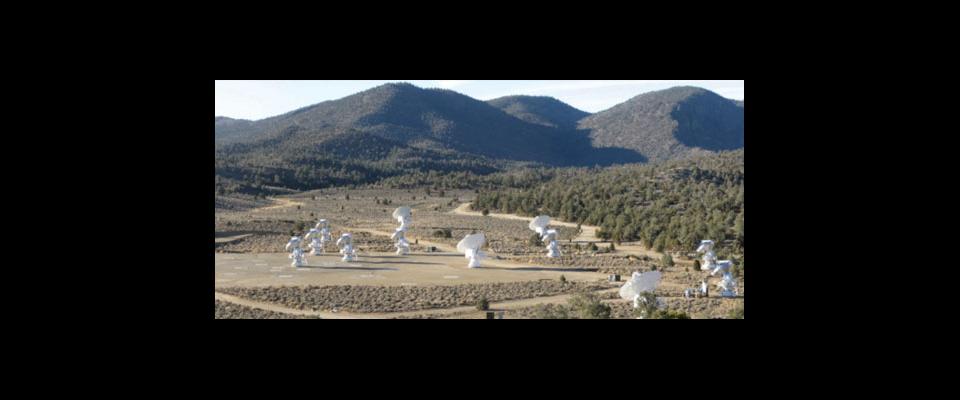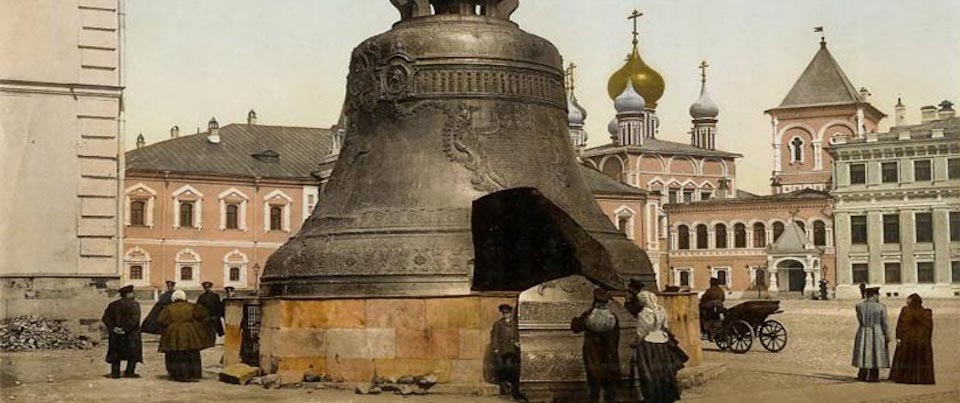The town was dust- and heat-hazed, blurred out of focus. A water wagon with a round, rust-red tank moved slowly along Main Street, spraying water in a narrow, shining strip behind it. But Warlock’s dust was laid only briefly. Soon again it was churned as light as air by iron-bound wheels, by hoofs and bootheels. The dust rose and hung in the air and drifted down in a continuous fall, onto the jail and Goodpasture’s General Store, onto the Lucky Dollar and the Glass Slipper and the smaller saloons, onto the Billiard Parlor, the Western Star Hotel, the Boston Café and the Warlock and Western Bank, onto the houses in the Row, the cribs along Peach Street, Kennon’s Livery Stable and the freight yard, onto Buck Slavin’s stage yard and the Skinner Brothers Acme Corral in Southend Street, onto the Feed and Grain Barn and the General Peach boardinghouse in Grant Street, onto the tarpaper shacks of the miners and the wagons and the riders passing through and the men in the street. It got into men’s eyes and irritated their dry throats, it dusted them all over with a whitish sheen, and turned to mud in the sweat of their faces.
Trails, and stage and wagon roads, led into the town like twisted spokes to a dusty hub—from the silver mines in the nearer Bucksaws: the Medusa, Sister Fan, Thetis, Pig’s Eye, and Redgold: from the hamlet of Redgold and the stamp mill there; from the more distant hamlet of San Pablo in the valley and on the river of that name; from Welltown to the northwest, where the railroad was; from Bright’s City, the territorial capitol.
Dust rose, too, where there were travelers along the roads: a prospector with his burro; a group of riders coming in from San Pablo; great, high-wheeled, heavy-laden ore wagons descending from the mines; loads of lagging timbers for the stopes being hauled from the forests in the northern Bucksaws; a stage inbound from Bright’s City; and, close in on the Welltown road, a single horseman slowly making his way through the huge, strewn boulders toward Warlock’s rim.



















